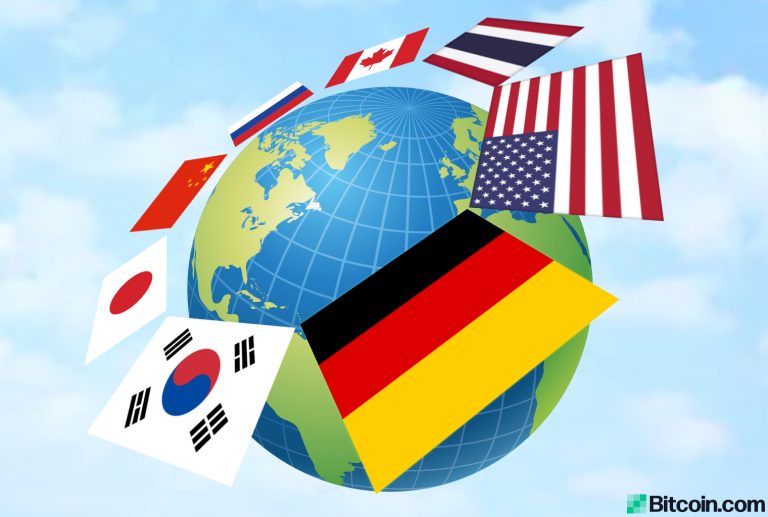2019-12-20 11:12 |
Coinspeaker
Thailand to Integrate Blockchain-Powered e-Visa for Better Security
Thailand, one of the most-visited countries in the world announced it plans to soon apply blockchain to its Electronic Visa On Arrival (eVOA).
Every international traveler is pretty much aware that one of the parts of traveling means unfortunately endless forms, applications to be submitted, and countless checkpoints.
Visa paperwork, customs controls, pre-boarding security checkpoints and even hotel passport controls – the same information is checked numerous times and for what? Of course, we are all aware that terrorist attacks have distorted travel in many countries. Therefore, there is a need for tighter security that, of course, means stronger border controls.
Visas are still considered expensive and time-consuming processes for governments, corporations, and travelers and the majority of countries still use conventional, stamped visas.
However, there is a rising number of government and industry players who believe that he ledger distributed within a network includes linked blocks of data proving the identity of the travelers, the blockchain, could mean a solution to this nightmare.
The country whose 17.7% of GDP comes from tourism, decides to start using new blockchain-powered eVOA system in order to speed up and protect the digital visa application process and should soon be possible for more than five million visitors from 20 countries to apply.
Gateway Services, a company with the eVOA processing license for Thailand and Australian tourist company ShareRing decided to partner in this security-based effort.
As per the official announcement, Thailand plans to start using the blockchain-enabled eVOA services with visitors from China and India first and then it will utilize it for other nations as well.
‘Paperocracy’ Makes Visa Process More DifficultCEO and co-founder at ShareRing, Tim Bos, said that the new feature is supposed to organize the whole process of applying for Thailand’s visa. For now, its current Visa On Arrival process is done at airports or land entry points in Thailand.
Bos explained that they decided to digitalize the whole process because previously, the whole process was paper-based and a traveler had to bring a number of documents like printed copies of their airline tickets, accommodation confirmation and photos. Because of this “paperocracy” the process would often take an hour or more to be done.
The digitized application process is, on the other hand, pretty much simpler. However, the problem is it can still be associated with fraud or even mistakes from the eVOA provider itself. Because of that, ShareRing has partnered with Gateway Services in order to improve security, speed and the quality of this process, Bos noted.
Bigger Expansion in PlansWhat it actually does is that it gives Gateway Services Safering’s self-sovereign identity technology OneID, which makes the optical character recognition (OCR) possible and, at the same time, protects data. It does that by encrypting all the information into a single file on the blockchain. Bos said that this kind of combining the blockchain tech and OCR decreases the amount of time needed for eVOA partners to manually verify all the information.
Also, ShareRing is planning an even bigger expansion of its blockchain-based visa application system after it finishes its initial pilots.
“We see this as a blueprint for possible expansion to other countries. It’s not a process that will be rushed though, as we need to make sure we get it right here before entering other countries”, noted Bos.
Thailand to Integrate Blockchain-Powered e-Visa for Better Security
origin »Bitcoin price in Telegram @btc_price_every_hour
High Performance Blockchain (HPB) на Currencies.ru
|
|

